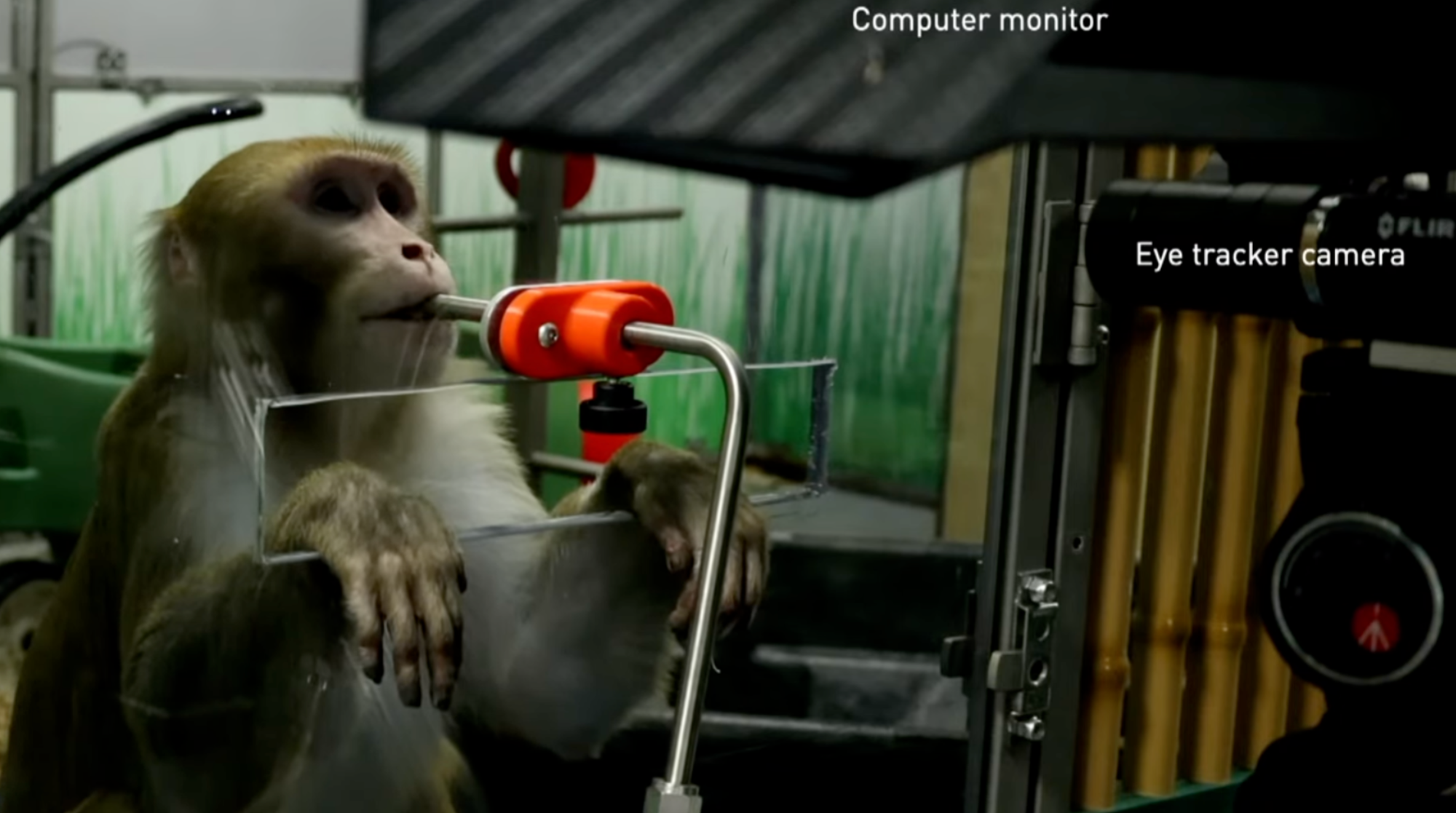

During last week’s public “show and tell” demonstrating Neuralink’s latest advancements towards achieving an affordable human brain-computer interface, co-founder and CEO Elon Musk pointed towards videos of seemingly healthy test animals with early versions of the product implanted in their heads. On stage, Musk reiterated previous claims that Neuralink was “not cavalier about putting devices into animals,” and that test subjects like their displayed macaque named Sake “actually likes” performing the tests. “He is not strapped to the chair or anything,” Musk added.
But a new, startling exclusive published this morning courtesy of Reuters, however, details a much more troubling company culture. The claims are so substantial, in fact, that they convinced the US Department of Agriculture’s Inspector General to launch a previously undisclosed federal probe regarding violations of the Animal Welfare Act.
[Related: Elon Musk hopes humans will be testing Neuralink brain implants in the next six months.]
Neuralink’s records reviewed by Reuters cite roughly 1,500 animals killed since experiments began in 2018, including over 280 pigs, sheep, and monkeys. Sources urged skepticism over that number, however, given that the company is not required by federal law to keep precise statistics on the tally of test subjects. Although animals are routinely euthanized as humanely as possible following medical testing for postmortem analysis purposes, the investigation highlighted at least four experiments involving 86 pigs and two monkeys that were compromised by human error.
“The mistakes weakened the experiments’ research value and required the tests to be repeated, leading to more animals being killed,” explained Reuters, citing current and former employees’ descriptions of a “pressure-cooker environment” that frequently led to unpreparedness and mistakes.
Reuters’ findings show that the environment appears directly tied to Musk’s insistence on speeding up measurable benchmarks and public results for Neuralink’s deliverable—a brain-computer interface implant initially aimed at restoring physical movement and vision for users in the disabled, paralyzed, and blind communities. Both sources speaking with Reuters and internal documents reviewed by Reuters cite Musk’s direct communications with Neuralink employees as confirmation, with one email sent by Musk in February complaining that, “In general, we are simply not moving fast enough. It’s driving me nuts!”
[Related: Brain interfaces aren’t nearly as easy as Elon Musk makes them seem.]
According to the report, multiple employees recalled Musk telling them to work as if “they had a bomb strapped to their heads,” which reportedly resulted in numerous “hack jobs” causing test animals’ unnecessary suffering and death. The findings also cited fatal mistakes, include utilizing the incorrect kind of surgical glue on monkeys, placing experimental implants on the wrong vertebrae of pigs, as well as installing the wrong-sized devices in sheeps’ skulls.
The reportedly botched, rushed experiments stand in stark contrast with Neuralink’s and Musk’s desired quality of life for their animals. Sources in the report indicated the company’s housing facilities are commendable, likening them to a “Monkey Disneyland,” and one employee recounted to Reuters that Musk previously stating he wanted his company’s test subjects to be “the happiest animals” while alive.
Musk last week estimated that Neuralink human trials could begin as soon as this summer, pending FDA approval.
